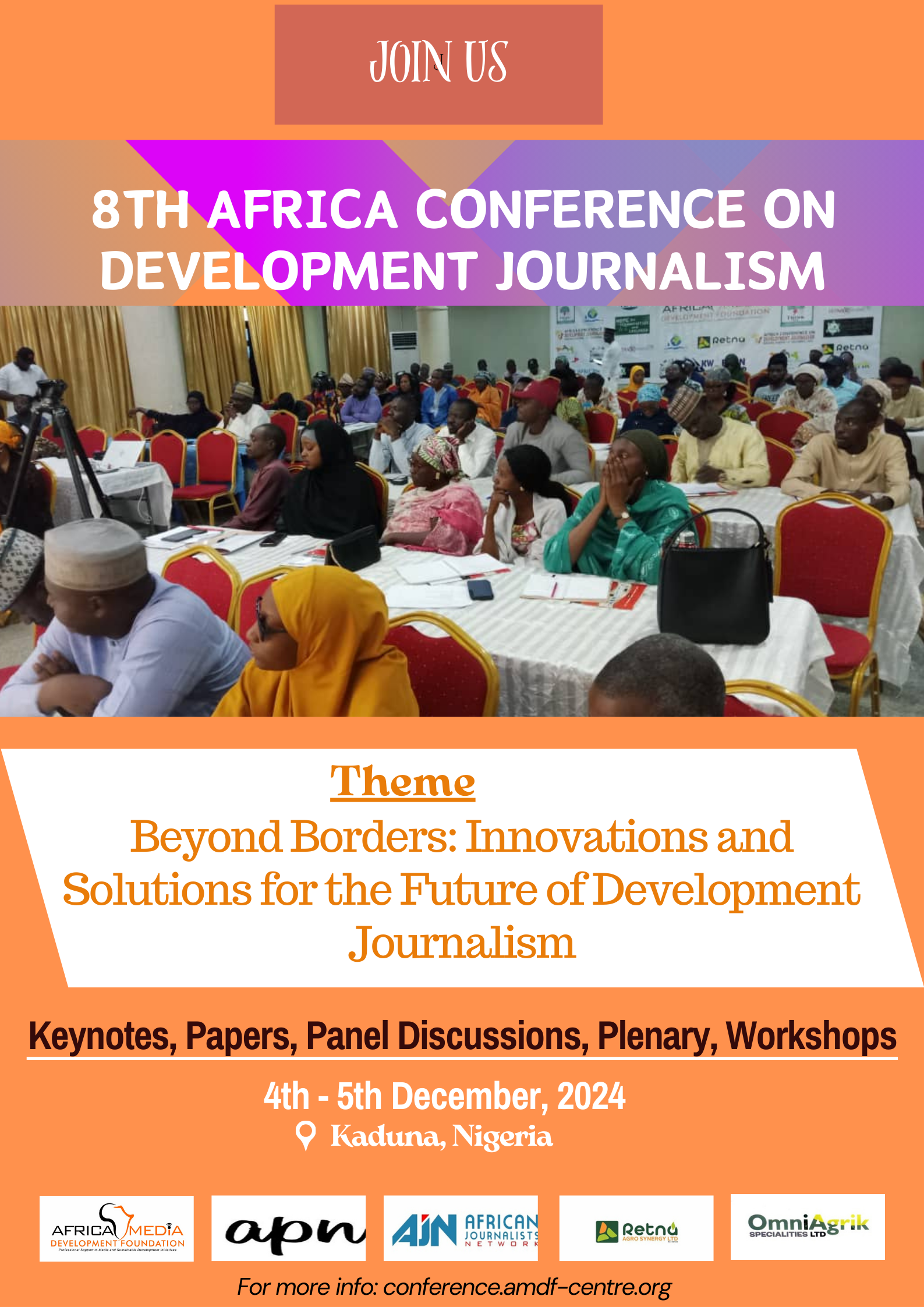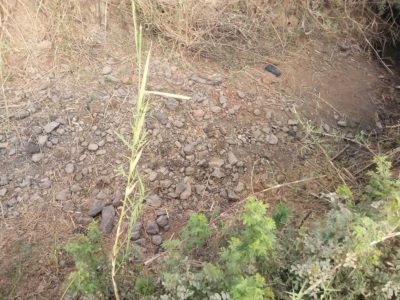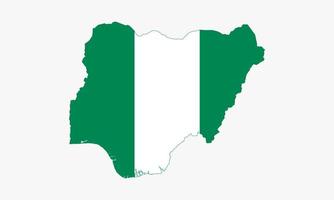People with albinism face multiple forms of discrimination worldwide. Albinism is still profoundly misunderstood, socially and medically. The physical appearance of persons with albinism is often the object of erroneous beliefs and myths influenced by superstition, which fosters their marginalisation and social exclusion. This leads to various forms of stigma and discrimination.
International Albinism Awareness Day 2021 falls on 13 June every year. The importance of this day cannot be overstated but is often overlooked due to persons with albinism being considered outsiders, or outcasts who do not deserve a voice.
In some communities, erroneous beliefs and myths, heavily influenced by superstition, put people’s security and lives with albinism at constant risk. These beliefs and myths are centuries old and are present in cultural attitudes and practices around the world.
South Africans living with albinism are among the most marginalised and vulnerable of the country’s citizens. Yet, very little attention is given to protecting them from human rights violations, threats and violent crime. This applies more so to children with albinism who are often kidnapped and murdered as part of barbaric practices. During Child Protection Week, the plight of children with albinism comes up because parents of these children are even afraid to send them to school in fear of them being kidnapped and murdered.
Impact on people’s lives
Maureen Mswela in her study on violence against persons with albinism writes that although the extent of violent crimes targeting South Africans with this condition has not reached the levels encountered in some other African countries, new evidence indicates a surge in violent crimes against persons with albinism. The vulnerability of these persons requires immediate attention before it spirals out of control. It is clear that a case is to be made for compelling, in particular, the state to intervene.
While the Constitution of the Republic of South Africa recognises equality before the law and allows everyone the benefit of protection under the law, the plight of persons with albinism within communities is a far reality from this. Equality and non-discrimination are sometimes utopian concepts for many with albinism who face constant discrimination, emotional abuse, and violence.
The impacts of albinism are severe in areas that associate albinism with legend and folklore, leading to stigmatisation and discrimination. In regions of Africa, those with albinism may be assaulted and killed for their body parts for use in witchcraft-related rites or to make ‘lucky’ charms. There is a shortage of research on the psychosocial aspects of albinism and particularly on how albinism impacts the everyday lives of people with albinism.
Those living with albinism grow up living a life of fear as stories of being kidnapped and violence are drilled into them for their own safety. This may lead to serious emotional and mental problems, including but not limited to trust issues, and living in fear.
The United Nations defines albinism as a rare, non-contagious, genetically inherited difference present at birth. In almost all types of albinism, both parents must carry the gene for it to be passed on, even if they do not have albinism themselves. The condition is found in both sexes regardless of ethnicity and in all countries of the world. Albinism results in a lack of pigmentation (melanin) in the hair, skin and eyes, causing vulnerability to the sun and bright light. As a result, almost all people with albinism are visually impaired and are prone to developing skin cancer. There is no cure for the absence of melanin that is central to albinism.
While numbers vary, it is estimated that in North America and Europe 1 in every 17,000 to 20,000 people have some form of albinism. The condition is much more prevalent in sub-Saharan Africa, with estimates of 1 in 1,400 people being affected in Tanzania and prevalence as high as 1 in 1,000 reported for select populations in Zimbabwe and for other specific ethnic groups in Southern Africa. Available statistics point to there being approximately 12 000 affected individuals in South Africa, however, this number can be much higher due to unregistered births, as well as parents with children with albinism fleeing to South Africa to seek protection for their children.
Risk of skin cancer
The lack of melanin means persons with albinism are highly vulnerable to developing skin cancer. In some countries, a majority of persons with albinism die from skin cancer between 30 and 40 years of age. Skin cancer is highly preventable when persons with albinism enjoy their right to health.
This includes access to regular health checks, sunscreen, sunglasses and sun-protective clothing. In a significant number of countries, these life-saving means are unavailable or inaccessible to them. Consequently, in the realm of development measures, persons with albinism have been and are among those “left furthest behind.” Therefore, they ought to be targeted for human rights interventions in the manner envisioned by the Sustainable Development Goals.
The Covid-19 Pandemic has not left the lives of persons with albinism untouched. Apart from outrageous beliefs that bad luck brought on by persons with albinism may lead to community members falling sick, or contracting Covid-19, persons with albinism have also had supply lines for protective creams and clothing impacted due to the lockdown.
I really appeal to every South African citizen with and without disabilities, private and public sector, government departments and local municipalities, to hold hands with the Department to ensure that we continue to build communities inclusive of disability rights. Wherever you are, I ask that you include persons with albinism in your social circles, and ensure that your children are educated not to discriminate against children with albinism at their schools. Addressing the stigma affecting persons with albinism will go a long way in fully enjoying their rights within communities.
Professor Hlengiwe Mkhize is Deputy Minister in the Presidency for Women, Youth and Persons with Disabilities.






